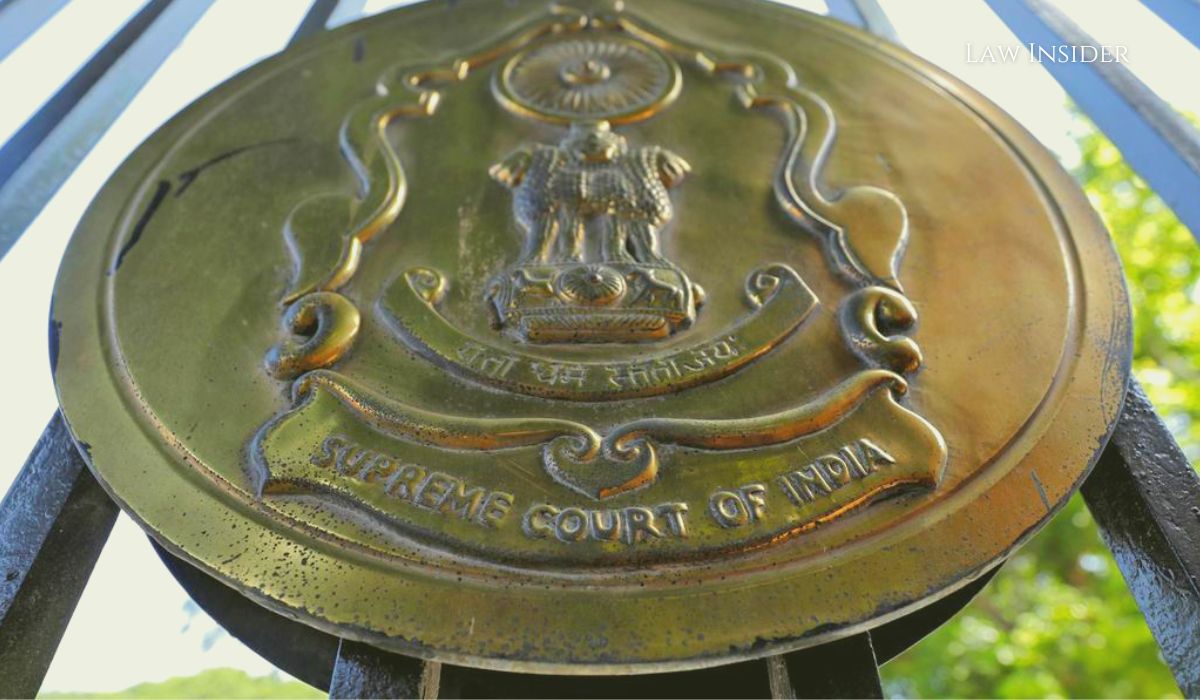Tanisha Rana
Published on: October 1, 2022 at 19:57 IST
In its ruling in the case of Municipal Corporation of Greater Mumbai vs. Worli Koliwada Nakhwa Matsya Vyavasay Sahakari Society Ltd. and Ors., the Supreme Court stated on Friday that it would be improper to halt building initiatives in underdeveloped nations due to climate change.
In response to arguments made by Senior Advocate Colin Gonsalves that unregulated land reclamation in Mumbai would cause climate change, a bench of Justices DY Chandrachud and Hima Kohli responded.
“But only developing countries do not contribute to it you know, it is also due to pollution done by developed countries. Now to say developing countries must stop their projects [because of climate change] is wrong,” the bench remarked.
The Greater Mumbai Municipal Corporation had filed a petition with the Supreme Court asking for permission to reclaim land for the Coastal Road project in order to construct parks, gardens, promenades, bicycle paths, and other amenities alongside the planned roadway.
The Bombay High Court judgment had halted all project development activities other for that related to the road and efforts to increase land reclamation beyond the initially permitted cap.
The corporation filed an appeal against the ruling with the apex court.
Gonsalves, speaking on behalf of the respondents, stated during the hearing that in a few years the entire stretch would be under water.
“City after city will move into the sea if developers are allowed so,” he said.
Then, Justice Chandrachud responded,
“It is a question of civilisation. How can we say India should stay frozen as a largely rural or semi-rural (country), and stop development.”
Even though there was a fait accompli in this particular example, Gonsalves argued in response that it was crucial to prevent such a breach of the regulations governing coastal regulatory zones.
The assertions made were all exaggerated, according to the corporation’s Solicitor General Tushar Mehta and the Mumbai Metro’s Senior Advocate Darius Khambata, and they could be disproved point by point at a regular hearing.
The Bench approved the requested development work, subject to the respondents’ restrictions, however it denied permission to construct an amusement park alongside the seaside road.
As a result, the Court’s earlier orders were changed.
The petitioner was given four weeks to put the rehabilitation plan for the impacted fishermen into action.

